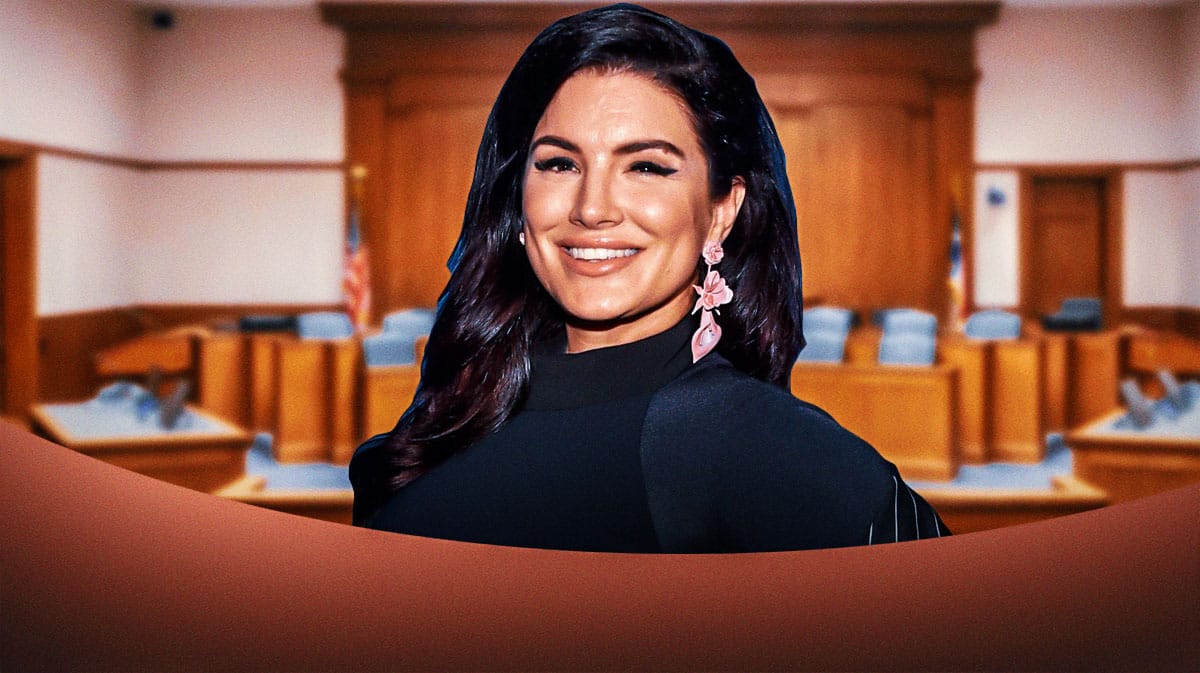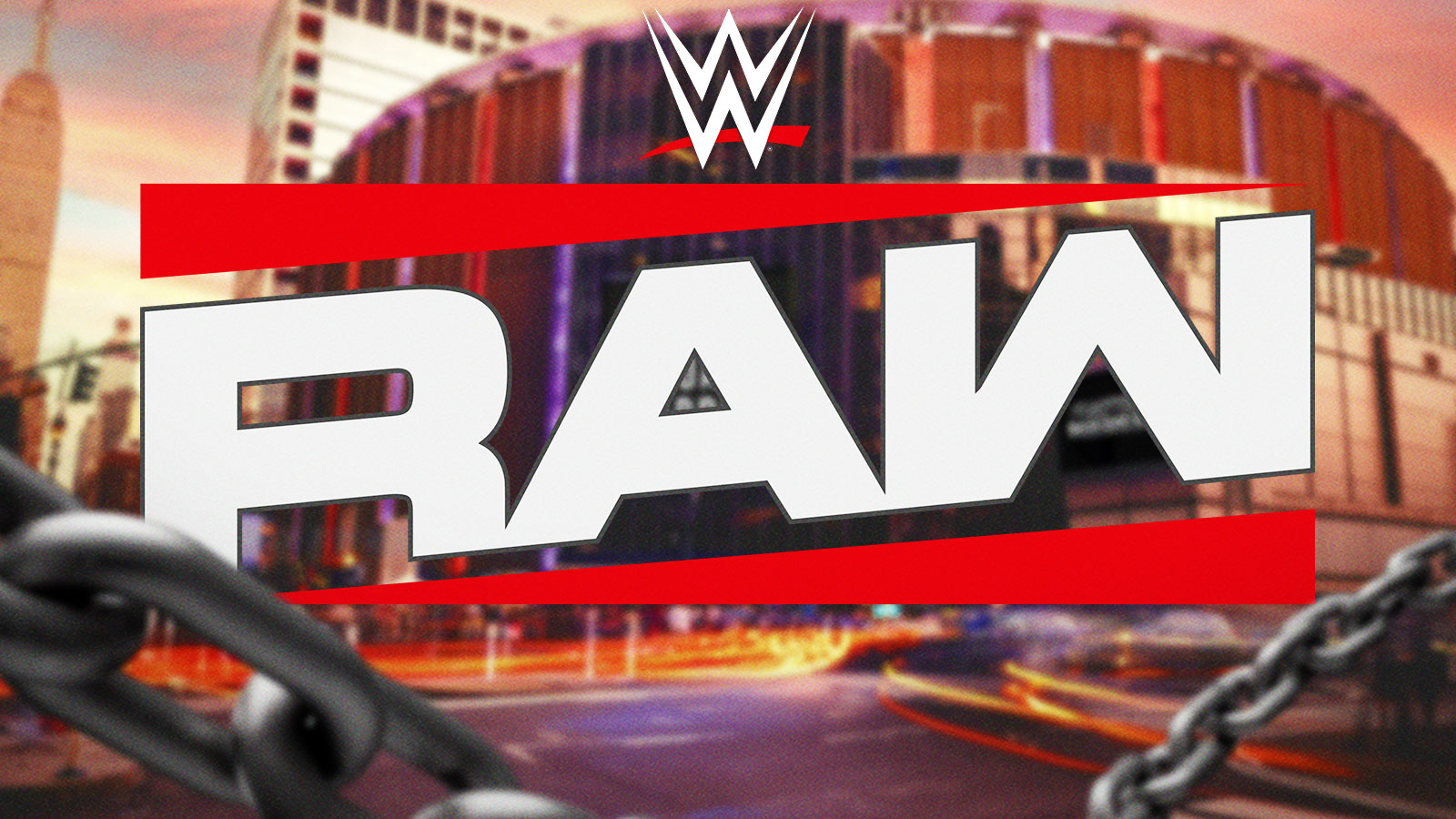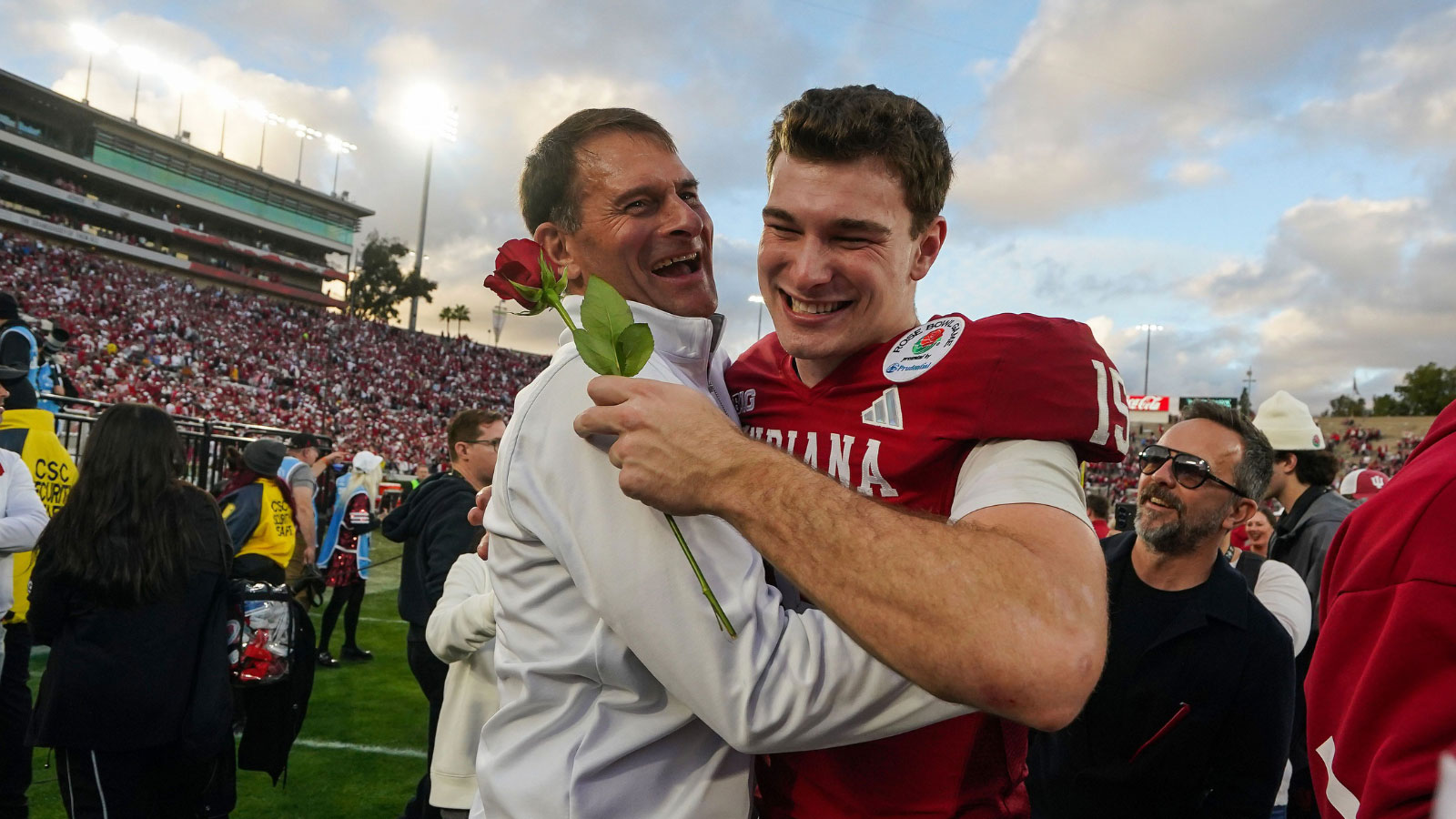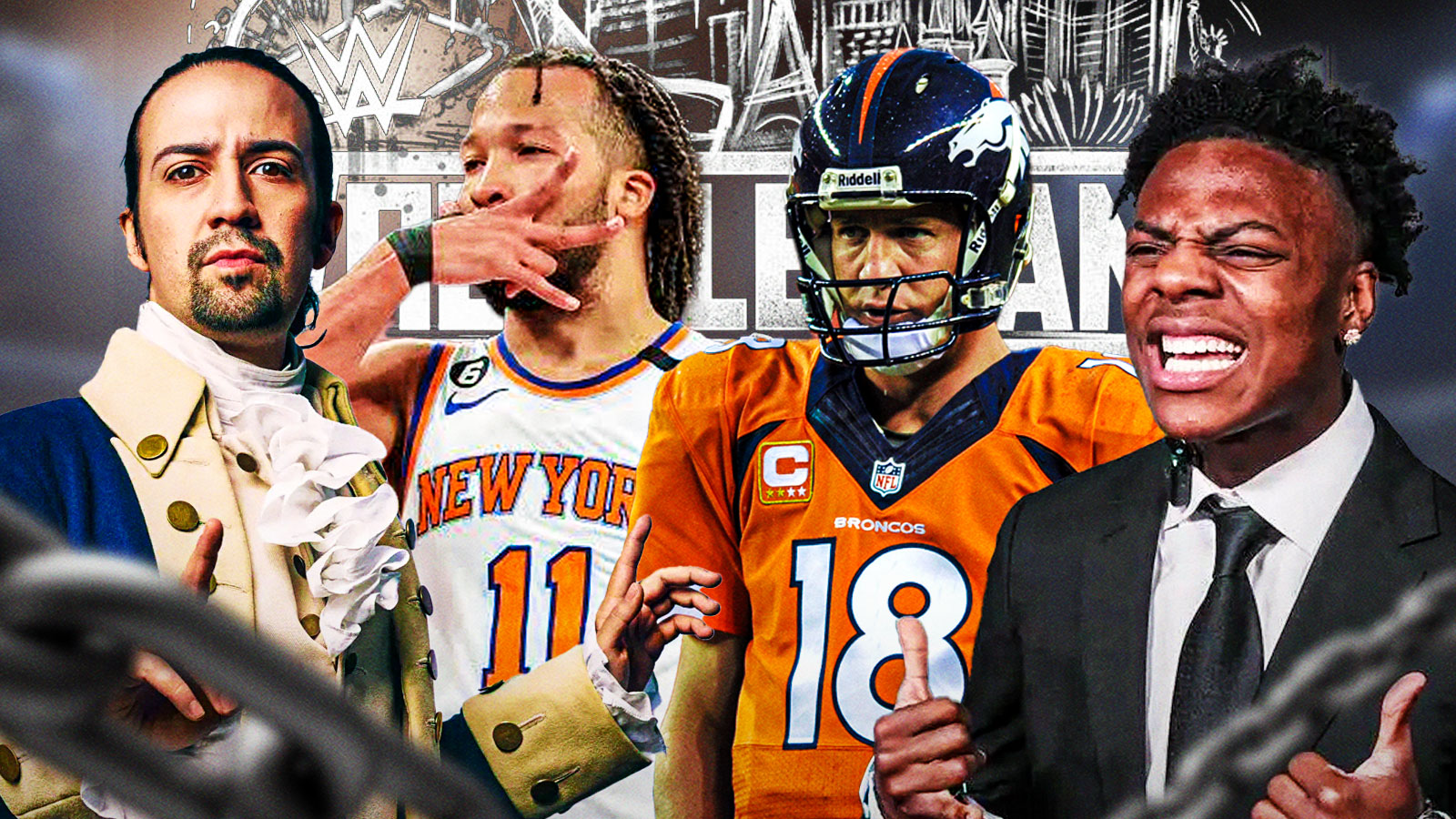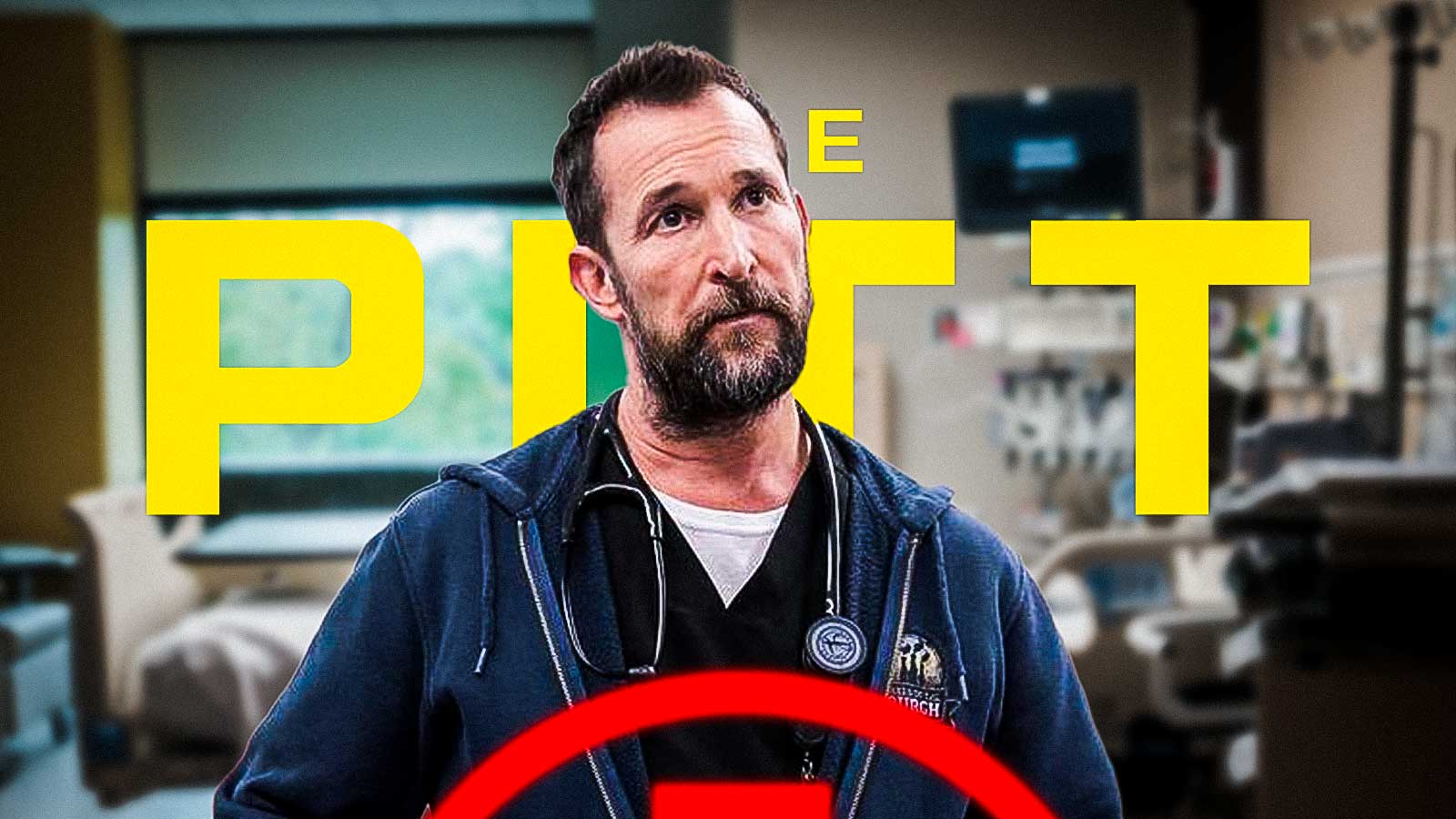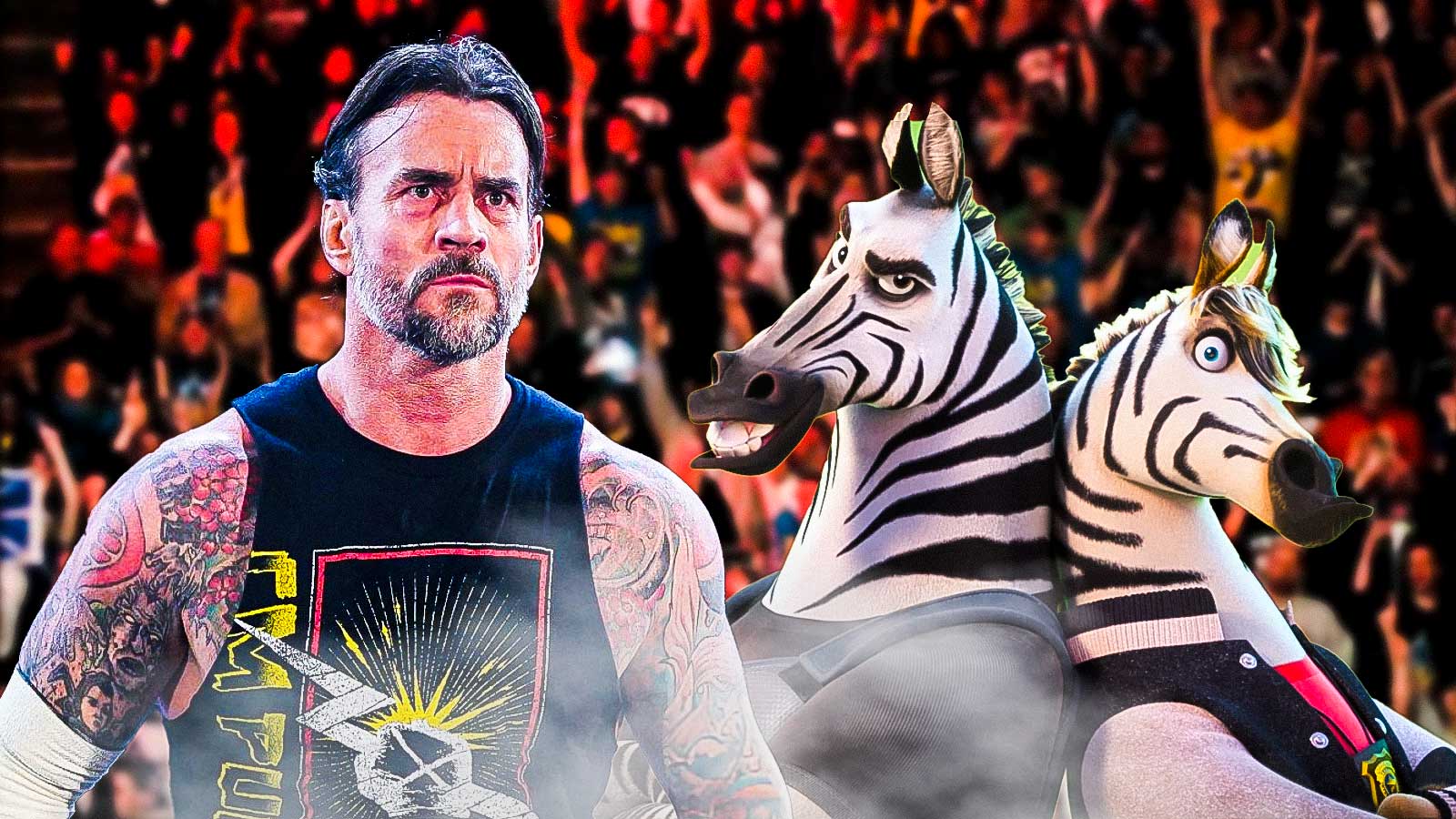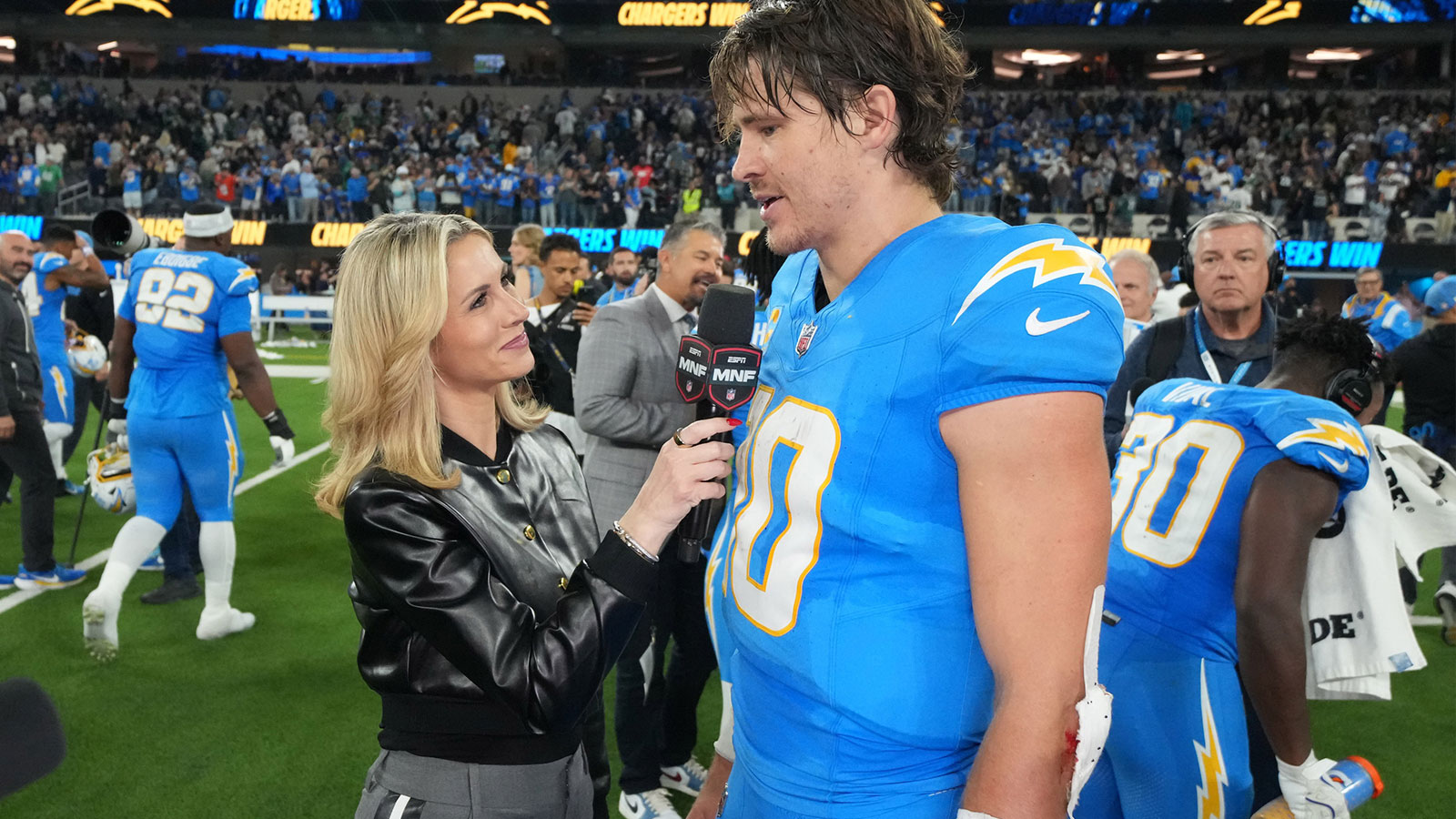In a significant turn of events, a California judge has ruled against Disney in its ongoing legal tussle with former Mandalorian actor Gina Carano. Disney had hoped to dismiss Carano’s lawsuit, which challenges her high-profile firing from the Disney+ series “The Mandalorian” in 2021, per AVclub. However, Judge Sherilyn Peace Garnett determined that Disney's arguments lacked sufficient merit, paving the way for the case to proceed to trial.
Carano, who was set to star in the “Rangers of the New Republic” spin-off, sued Disney earlier this year. Her lawsuit, financially backed by Elon Musk through his company X, claims that Disney terminated her employment due to her conservative political views. Carano's firing came after social media posts she made, which Disney described as “abhorrent and unacceptable.” Despite this, Judge Garnett's ruling emphasized that Disney, unlike nonprofit organizations such as the Boy Scouts of America, does not have a constitutional right to fire employees based on perceived values.
Disney's Defense Falls Short
Disney argued that it has a First Amendment right to choose employees who align with its values, even if such choices might violate state anti-discrimination laws. They cited the Supreme Court case Boy Scouts of America v. Dale, which protected the organization's right to dismiss an openly gay assistant scoutmaster. However, Judge Garnett rejected this comparison, noting that they're a for-profit corporation employing public-facing actors and administrative staff, not a values-driven nonprofit organization.
Judge Garnett's ruling highlighted the failure to provide evidence that their employment decisions are based on promoting “values of respect, decency, integrity, or inclusion.” Without such evidence, Disney's claim that Gina Carano's presence was detrimental to its values lacks constitutional significance. This ruling implies that the lawsuit will either proceed to trial or lead to a settlement between Disney and Carano.
Gina Carano expressed her admiration for Musk's support in a March interview with The Hollywood Reporter, praising his commitment to “fighting massive injustice battles” rather than typical billionaire pursuits. As the lawsuit heads to trial, this high-stakes legal battle underscores the complex interplay between corporate values, employee rights, and freedom of speech. The outcome could have significant implications for how entertainment companies navigate similar disputes in the future.

